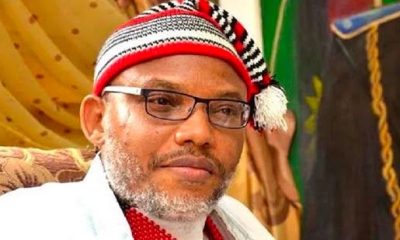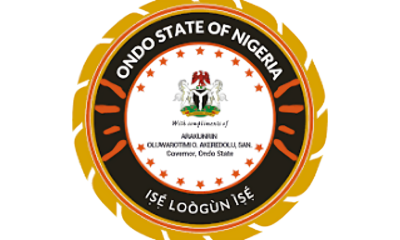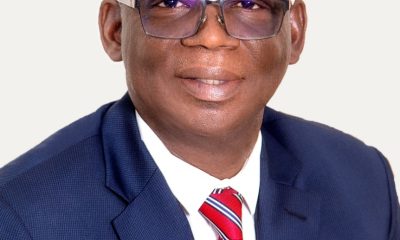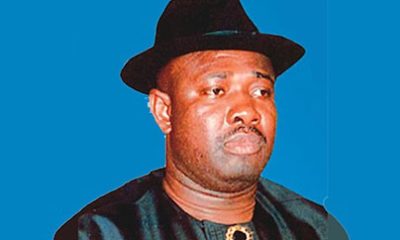NEWS
Nigeria requires $20bn annually for gas expansion projects – NEITI
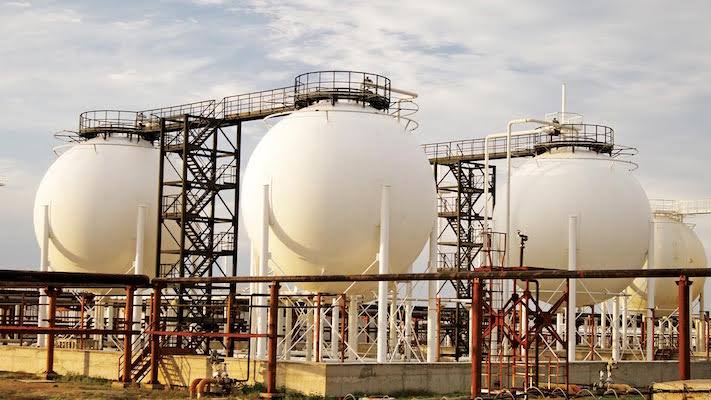
The Nigeria Extractive Industries Transparency Initiative (NEITI) says Nigeria requires $20 billion annually to achieve the desired gas expansion plan to bridge the country’s gas infrastructure.
Dr Orji Ogbonnaya Orji, NEITI Executive Secretary, at the policy dialogue on Nigeria’s Decade of Gas Action plan on Monday in Abuja said given the shrinking fossil fuel investment landscape, clarity was required of infrastructure to be prioritised.
The dialogue was organised by the African Initiative for Transparency, Accountability and Responsible Leadership (AFRITAL) in collaboration with the Natural Resource Governance Institute (NRGI).
The Federal Government in December 2020 rolled out the National Gas Expansion Programme (NGEP) to deepen the use of natural gas and make it a preferred form of cleaner, cheaper energy for both personal and industrial use.
In a remark, Orji said Nigeria had the largest gas reserves in Africa and the ninth-largest globally with gas reserves of over 200 trillion cubic feet (tcf).
“The Petroleum Industry Act (PIA) provides the most significant progress for the gas sector in strengthening governance and providing fiscal frameworks for the sector’s growth.
“The gas utilisation plan should show the market-driven opportunities that would successfully translate the gas plans into sustainable economic development.
“For the gas utilisation policy to work, there is a compelling need for deliberate ambitious investment in its infrastructure. This includes specific connectivity across upstream facilities to processing, power plants and other end uses.
“The network code provides a framework through third-party access to resolve some of the connectivity issues but to a large extent, achieving the desired gas expansion will require an estimated $20 billion annually,” he said.
Orji said that a new concept analysis would be required to demonstrate the new approaches the government intends to embrace to deliver on the gas infrastructure.
He recommended that the Federal Government should develop and publish a detailed, realistic, coated and comprehensive gas policy with clear roles for the state, and non-state actors and timelines to track periodic progress.
Orji urged government to develop an industry-specific linkage between the integrated gas policy with Nigeria’s energy transition policies with a supporting action plan built on a robust monitoring and evaluation framework to track implementation.
He also called for a detailed plan to end gas flaring through a private sector-led commercialisation programme and pursue an open, competitive and transparent gas flare commercialisation programme,” he said.
Earlier, Dr Louis Ogbeifun, the Executive Director AFRITAL, had decried the fact that Nigeria is so rich in gas, but most of its citizens use firewood or coal for cooking with all its attendant health hazards.
“Over the years, Nigeria has behaved like the prodigal son by exporting mineral resources to earn dollars for consumption without savings, reinvestment in revenue, and employment generation ventures.
“These analogies reflect the contradiction of being a rich but poor nation. Rich because Nigeria is vastly rich and blessed with abundant minerals and energy resources but so poor that most citizens lack access to affordable electricity and other essential social and welfare benefits,” Ogbeifun said.
He said in a bid to reverse the highlighted negative narrations, achieve energy accessibility, afordability, and sustainability as a country that the 2021-2030 government legislation tagged the “Decade of Gas Action Plan (DofG)” was enunciated.
According to him, If the government’s intentions are effectively implemented, Nigeria is expected to witness a vast gas Infrastructural development during the period.
He said part of the stepping stones toward achieving the goals of DofG was the construction of the 614km Ajaokuta-Kaduna-Kano gas pipeline to transport about two billion cf of natural gas per day.
“This and other initiatives are also aimed at deepening the usage of LPG and CNG in the country and ultimately expanding the Autogas policy, which would reduce dependency on petrol as our mainstay for transportation in the long run.
“Before the AKKP project, Nigeria conceptualised the Nigeria-Morroco Gas Pipeline, as an extension of the West Africn Gas Pipeline, which would run through some African countries with a possible linkage to European market.
“This project was conceptualised in 2016. Outside the NLNG project, the Nigeria-Morrocco Gas Pipeline project would meet the international focus even as the local expansion of the LPG and CNG are also being pursued.
“Let us hope that our leaders would cautiously navigate the rough edges of the coup in the Niger Republic to forestall the risks of sabotage of this project by international state and non-state actors,” he said.
Also speaking, Mr Aaron Sayne of NGRI, called for tackling of foreign exchange and policy issues, investment and access to finance on gas project while indigenous players should take place of the International Oil Companies.
Mrs Oluremi Komolafe, Director, Gas, Ministry of Petroleum Resource, said the ministry would remain was committed to energy transition.
Komolafe added that the NGEP was making way toward its realisation, while Compressed Natural Gas engines conversion was ongoing, noting that production would be spured to meet demand.
Foreign News
Philippine President Calls for Resignation of All Cabinet Secretaries
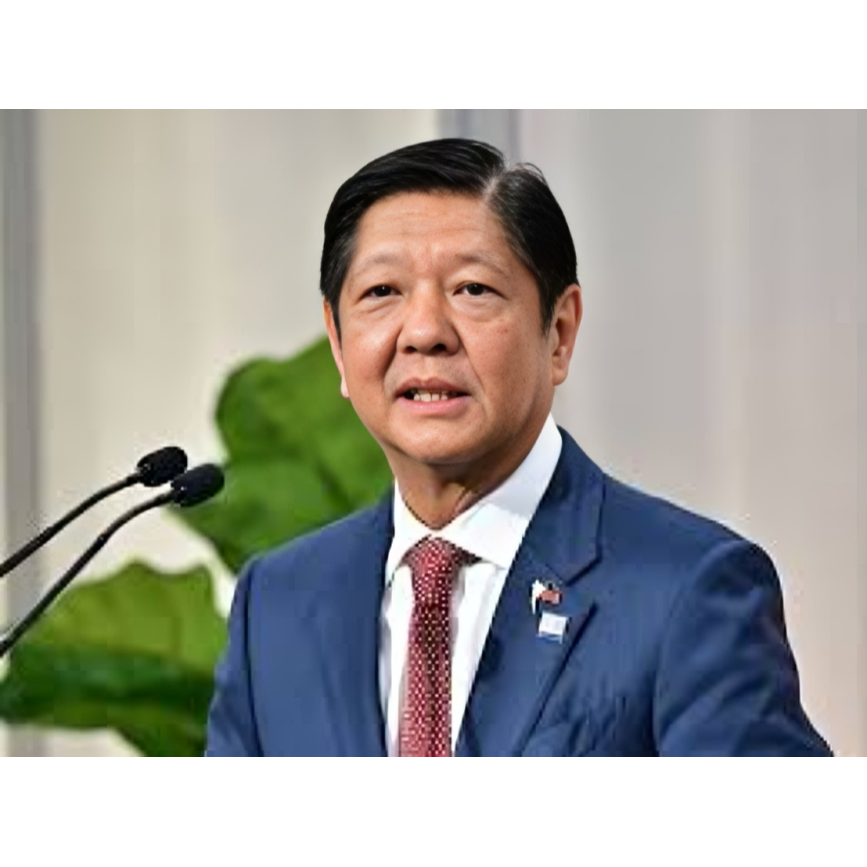
Philippine President Ferdinand Marcos Jr. has asked all of his Cabinet secretaries to submit their resignations on Thursday in what he called a “bold reset” of his administration following last week’s mid-term elections.
The elections saw more opposition candidates win crucial Senate seats, signaling shifting political tides.
Marcos, the 67-year-old son of the late Philippine dictator overthrown in 1986, won the presidency in a landslide in 2022, a stunning political comeback marked by a call for national unity.
However, his vice-presidential running mate, Sara Duterte, also widely popular, later distanced herself from Marcos in a falling-out that had sparked intense political discord.
Marcos had since emerged as one of the region’s most vocal critics of China’s aggression in the disputed South China Sea, bolstered by support from the United States and other allies. Domestically, he continued to face significant challenges, including high inflation, unfulfilled promises to lower rice prices, and growing concerns over kidnappings and other crimes.
“This is not business as usual,” Marcos said in a government statement.
“The people have spoken and they expect results, not politics, not excuses. We hear them and we will act.” (AP/NAN)
NEWS
Reps to Investigate Alleged Irregularities in Driver’s licence Issuance, Revenue Generation
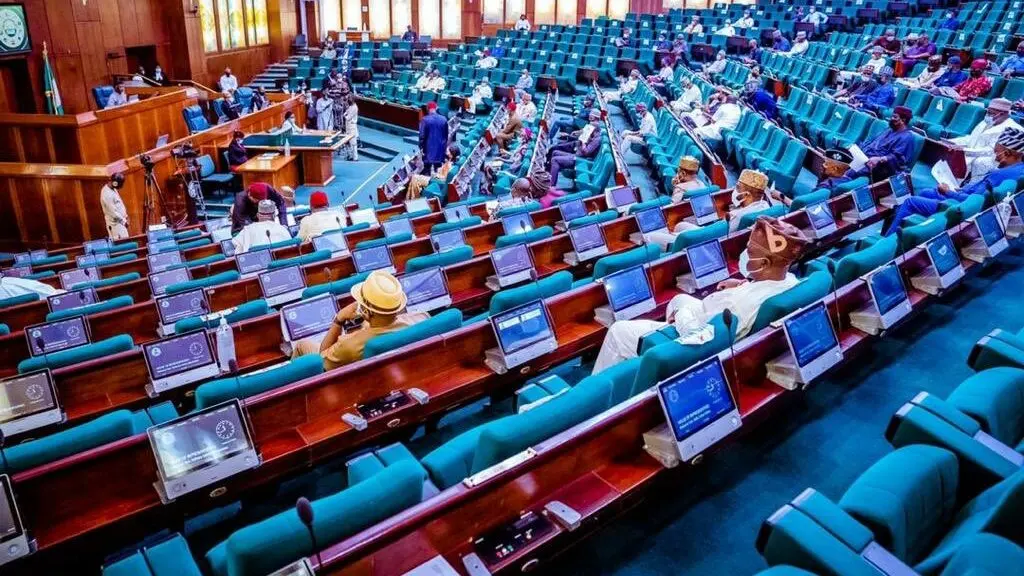
The House of Representatives has resolved to set up an ad hoc committee to investigate operational issues related to driver’s licence issuance, revenue generation and usage within the last three years.The resolution was sequel to the adoption of a motion by Rep. Victor Ogene (APC-Bayelsa) at the plenary on Wednesday.
Moving the motion, Ogene said that a tripartite arrangement between Federal Road Safety Corps (FRSC), State Boards of Internal Revenue (BIR) and the Vehicle Inspection Office (VIO) led to the digital issuance or renewal of a driver’s license. He said that the approving signature on a driver’s licence typically comes from a designated officer at the Motor Vehicle Administration Agency (MVAA) in the state where the licence application originated.He explained that a learner’s permit for driving a vehicle was first issued at a prescribed fee by Motor Vehicle Administration Agency (MVAA) in the relevant state before the release of a driver’s licence.According to him, FRSC operates a Very Important Person (VIP) centre, ostensibly for the renewal of a driver’s licence, which is reportedly being used for issuing fresh driver’s licences that are not preceded with a learner’s permit.Ogene said that the Joint Tax Board (JTB) reviewed the fees payable for a five-year and three-year driver’s licence to N21,000 and N15,000 respectively for a vehicle, N11,000 and N7,000 respectively for a motorcycle or tricycle since Nov. 1, 2024.“FRSC is alleged to use its Information Processing Centre (IPC) for warehousing data for driver’s licences and shortchange the state Boards of Internal Revenue (BIR) and the Vehicle Inspection Office (VIO) in the collection and usage of fees for processing driver’s licences.“Worried that FRSC is reportedly controlling and receiving accounts for drivers’ licence fees, the yearly revenue generated from chargeable fees which amounts to hundreds of billions of naira, is also allegedly unaccounted for by the VIO and various state boards of internal revenue.“Disturbed that the processing of drivers’ licences is unexplainably being delayed for upward of two to three years after the biometric data capturing of applicants.“Also disturbed that the huge debts the FRSC owes Galaxy Backbone Ltd. and other system consultants who are the network providers and maintainers of the biometrics data capturing system are responsible for the system slowdown and the resultant long delay in the issuance of driver’s licences,” he said.Ogene also expressed the need to clearly ascertain which public agency had the legal responsibility of designing, producing and issuing a driver’s licence.In his ruling, Speaker of the House, Rep. Abbas Tajudeen said that the committee, when constituted, would report its findings within four weeks for further legislative action. (NAN)NEWS
Those Waiting for Wike’s Downfall ‘ll Wait Endlessly – Aide

Mr Lere Olayinka, spokesman to the FCT Minister Nyesom Wike says those waiting for the minister’s political downfall will wait endlessly.Olayinka, Senior Special Assistant to the FCT Minister on Public Communications and Social Media, made the remarks while reacting to comments by former governor of Ebonyi Sam Egwu.
Egwu had in a statement on Tuesday, said that Wike was living on borrowed time, adding that the FCT minister’s influence would soon burn out. Reacting, the spokesman said in a statement in Abuja on Wednesday, that those waiting for Wike’s downfall would wait forever.He argued that Wike’s political progress was based on personal hard work, dedication, commitment and most importantly, God’s grace.Olayinka also faulted Egwu’s challenge to Wike to make it possible for the suspended governor of Rivers, Siminalayi Fubara to return to office.He also described allegations that the FCT Minister now exercises the powers of President Bola Tinubu and the National Assembly in Rivers as absurd.“This type of statement should not come from a former lawmaker,” he said.The Wike spokesman also dismissed the threats by a faction of the South East leaders of the PDP to withdraw their support for the party.According to him, it was illogical for people who could not deliver anything substantial in terms of votes to the PDP in the 2023 elections to be threatening to withdraw their support for the party.“The PDP constitution is clear as to who is the National Secretary of the party. His name is Senator Samuel Anyanwu, and anyone saying or doing anything contrary is only interested in the collapse of the party.” (NAN)
